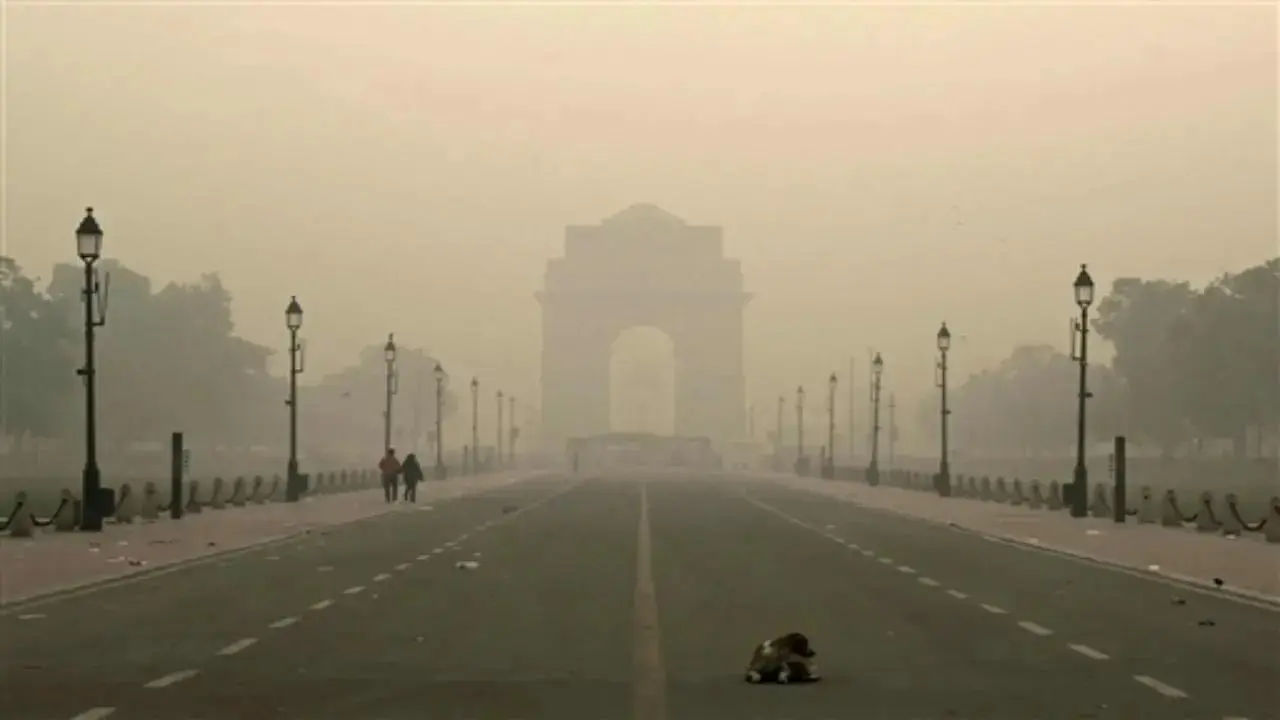Once considered a midlife milestone, menopause is now arriving earlier for many Indian women — sometimes in their late 30s or early 40s. Doctors are seeing a sharp rise in cases of premature or early menopause, driven by a mix of lifestyle, environmental, and hormonal factors.
Every year, World Menopause Day observed on October 18 aims to raise awareness about menopause and the support options available for improving women’s health and well-being during this life stage. Now, experts are sounding the alarm: Indian women are entering menopause much earlier than their Western counterparts. On average, Indian women experience menopause at the age of 46–47 years — several years earlier than women in the West.
“Women today are experiencing perimenopause earlier than expected,” says Dr. Shweta Mendiratta, Associate Director of Gynaecology and Obstetrics at Marengo Asia Hospital, Faridabad. “Stress, poor sleep, sedentary routines, and untreated hormonal disorders like PCOS are among the major triggers.”
What is perimenopause?
Perimenopause is the natural transitional phase leading up to menopause marked by hormonal fluctuations – earlier than expected.
The symptoms include hot flashes, irregular periods, mood swings, vaginal dryness, sleep disturbances, and weight gain — are becoming more intense and prolonged, often disrupting careers, relationships, and mental health. “Balancing work and family responsibilities amplifies stress and worsens hormonal imbalance,” Dr. Mendiratta adds.
Beyond the discomfort, early menopause increases the risk of osteoporosis, heart disease, thyroid imbalance, and depression. The decline in estrogen affects more than reproductive health — it impacts bones, metabolism, and even the cardiovascular system. “It’s not just physical — it’s an emotional transition too,” she says.
Experts recommend that women over 35 start monitoring their hormonal health and get regular checkups including thyroid, vitamin D, and lipid profile assessments. “Managing symptoms early ensures women age gracefully and healthily,” says Dr. Mendiratta.
In India, menopause still carries stigma, often seen as “the end of womanhood.” This silence prevents timely care and open discussion. Dr. Mendiratta emphasizes the need to normalize conversations about menopause and perimenopause, just as we do about menstruation or pregnancy.
Menopause isn’t a disease — and Hormone Replacement Therapy (HRT), when prescribed under medical supervision, is both safe and effective. Alongside lifestyle changes, a balanced diet, yoga, and mindfulness can make the transition smoother.
“Menopause is a natural phase,” says Dr. Mendiratta. “With awareness and care, women can move through it with strength — not silence.”











